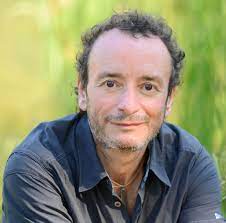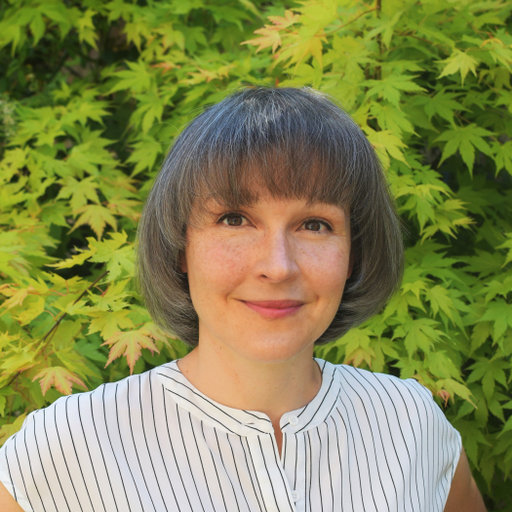The episode opens with the story of Fritz Harber, a German chemist and a man of contradictions. Accused of war crimes and nominated for a Nobel Peace Prize in the same year, Harber gave the world two opposing inventions: fertiliser, allowing us to feed the growing populations of the world, and chlorine gas, which has wreaked devastation.
Through this story, we show how the agricultural industry became intertwined with the arms industry in the early 21st Century, and how this marrying of production and destruction was perhaps not a freak aberration, but rather the logical consequence of Western philosophy and science?

Jeremy Lent’s research for ‘The Patterning Instinct’ was a huge inspiration for this episode.
Described by journalist George Monbiot as “one of the greatest thinkers of our age”, Jeremy, is an author and integrator whose work investigates the underlying causes of our civilization’s existential crisis, and explores pathways toward a life-affirming future. His award-winning book, The Patterning Instinct: A Cultural History of Humanity’s Search for Meaning, explores the way humans have made meaning from the cosmos from hunter-gatherer times to the present day. His new book, The Web of Meaning: Integrating Science and Traditional Wisdom to Find Our Place in the Universe, offers a coherent and intellectually solid foundation for a worldview based on connectedness that could lead humanity to a sustainable, flourishing future.
He is the founder of the Deep Transformation Network, a global community exploring pathways to an ecological civilization, and the nonprofit Liology Institute, dedicated to fostering an integrated worldview that could enable humanity to thrive sustainably on the Earth

Adboul is the executive director of the Africa Group II at the World Bank Group Board of Directors, where he brings his extensive experience in economic development, multilateral trade cooperation and diplomacy. Prior to that he was a Senior Project Officer at the United Nations Convention to Combat Desertification (UNCCD), leading a land restoration programme in the Sahel.

Anna is an environmental social scientist with a focus on agricultural knowledge. Currently an associate professor at the University of Oulu, her interest lies in investigating and transforming knowledge-cultures in order to strengthen sustainable and just relationships between humans and their environment’s. She was awarded an early career fellow for her work into soil degradation by looking at how farmers in the UK make scientific knowledge on soil management ‘actionable’ in their fields. She also founded the Soil Care Network

James currently runs Loddington Farm, a 5th generation family fruit farm. In 2016 James was awarded a Nuffield Scholarship which enabled him to travel and look at ways of growing fruit for the UK market that could be profitable. Disillusioned with fruit growing in the UK due to concerns over the huge financial risks and the impact of chemicals on people’s health, James decided to put his extensive knowledge and experience to use. He started a programme of self-education to see how we can produce better food – and began a journey in producing food using nature, instead of chemistry in farming systems. In 2020 in one orchard he has spent more money on books than agrochemicals in the quest to grow chemical free food.